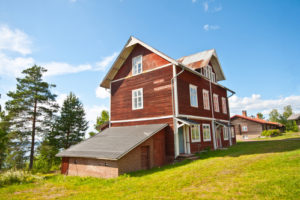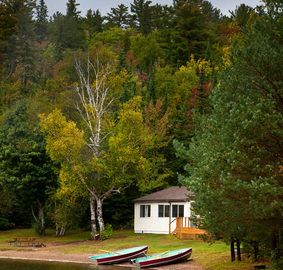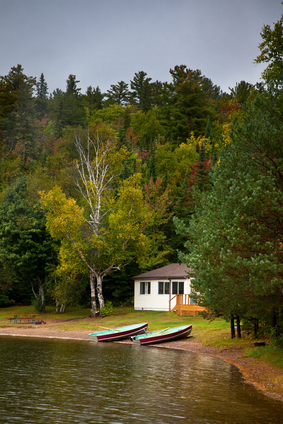 By Sheila O’Hearn, Zoocasa
By Sheila O’Hearn, Zoocasa
Special to the Financial Independence Hub
“If a monkey can be taught to salt away money by sticking it in a sock, so can we.”
That’s what my partner and I told each other the day we decided to start saving for a home. Real estate can be tough, so we started our plan early. In some ways, it was madness. We still had to pay monthly rent and a first baby was on the way. It meant cutting back on activities we enjoyed, little extras and big extras.
But what we had going for us were the four D’s: the dream, the drive, the discipline, and a deadline.
Eventually we hit our target and moved to a small town where houses still cost less than they do in a city. Ours was a modest, century-old farmhouse that would require work, just right for my partner’s creative outlet. It was a cozy fit for our two additional children, but it was home and has been for 28 years.
How a person or couple saves for their first home is not a question of doing it one way, but of having knowledge of the options to make informed choices and a solid plan.
The dream







